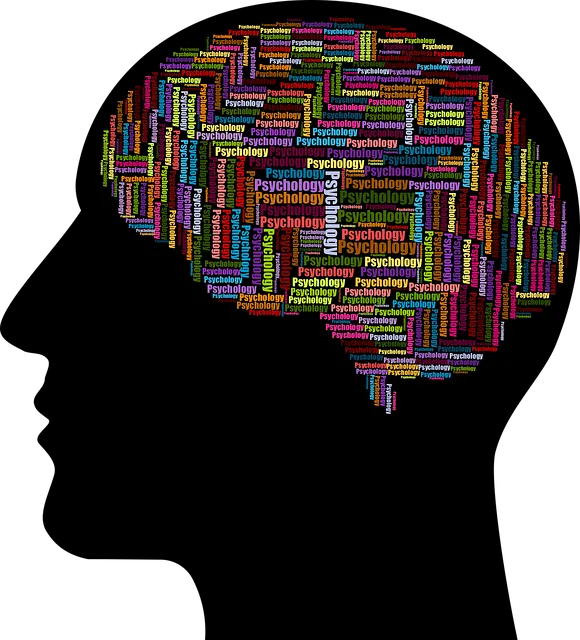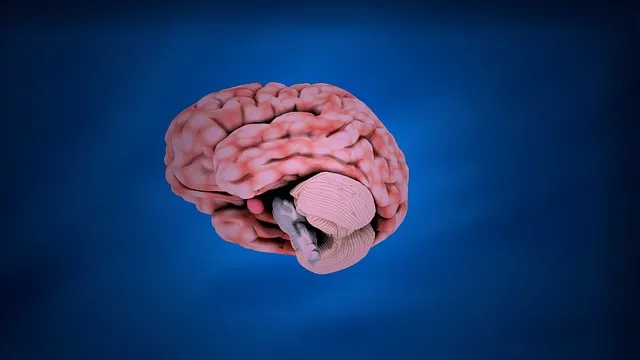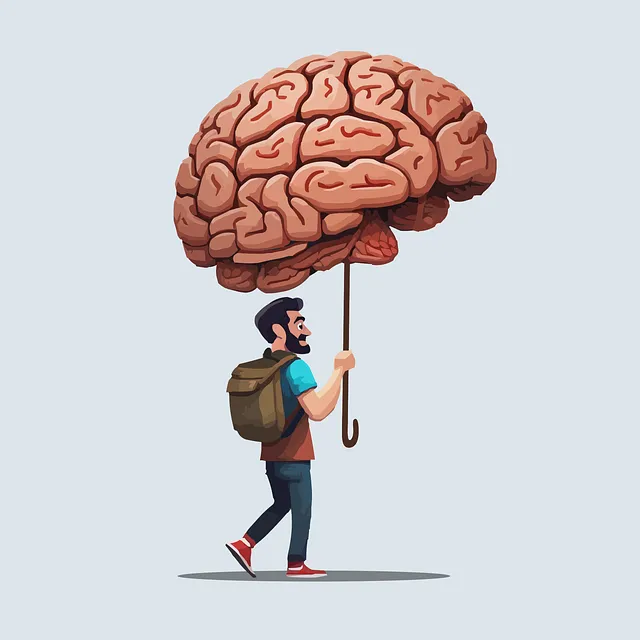Emotional Intelligence (EQ), enhanced through practices offered by the Lafayette Kaiser mental health programs, significantly improves well-being. By identifying and managing emotions, individuals reduce stress, strengthen relationships, make better decisions, and experience higher job satisfaction. Key initiatives include cultivating self-awareness, mindfulness meditation, trauma support, and stigma reduction efforts to foster open emotional conversations. These strategies not only empower individuals but also contribute to depression prevention and mental health promotion on a societal level.
Emotional intelligence (EQ) is a powerful tool for enhancing well-being and fostering meaningful connections. According to Lafayette Kaiser mental health programs, building EQ involves understanding, identifying, and managing our own emotions while cultivating empathy for others. This article delves into the key components of emotional intelligence, offering insights on how to develop self-awareness, recognize emotions, and enhance social relationships, ultimately leading to a more fulfilling life.
- Understanding Emotional Intelligence and its Impact on Well-being
- Identifying and Recognizing Emotions: A Key Step in Building EQ
- Developing Self-Awareness: The Cornerstone of Emotional Intelligence
- Enhancing Social Awareness and Relationship Skills for Better Connections
Understanding Emotional Intelligence and its Impact on Well-being

Emotional intelligence (EQ) refers to an individual’s ability to recognize, understand, and manage their own emotions, as well as perceive, interpret, and respond appropriately to the emotions of others. This skill set goes beyond mere empathy; it involves self-awareness, self-regulation, motivation, empathy, and social skills. Research by Lafayette Kaiser mental health programs highlights that cultivating emotional intelligence can significantly enhance overall well-being. High EQ individuals tend to have better stress management, stronger relationships, improved decision-making abilities, and higher job satisfaction.
Furthermore, integrating practices like Mindfulness Meditation and Trauma Support Services into one’s routine can aid in developing emotional intelligence. Mental Illness Stigma Reduction Efforts play a crucial role in encouraging open conversations about emotions and mental health, fostering an environment where individuals feel safe to explore and express their feelings without fear of judgment. By embracing these strategies, people can unlock the full potential of emotional intelligence, leading to deeper personal growth and stronger connections with others.
Identifying and Recognizing Emotions: A Key Step in Building EQ

Identifying and recognizing emotions is a fundamental step in building emotional intelligence (EQ). This initial phase involves cultivating awareness about one’s own feelings and those of others, which forms the bedrock for effective communication and empathetic interactions. Lafayette Kaiser mental health programs emphasize this aspect, focusing on teaching individuals to label and understand their emotions, as well as to perceive and interpret the emotional cues expressed by their peers. By honing these skills, folks can better navigate interpersonal relationships and respond appropriately in various situations.
In the broader context of mental health policy analysis and advocacy, enhancing emotional intelligence is crucial for depression prevention. Empathy building strategies, a key component of EQ development, can foster supportive environments that deter mental health issues. Recognizing emotional signals early on enables individuals to seek help promptly, while promoting understanding and reducing stigma within communities. This collective effort contributes to stronger mental well-being and resilient societies.
Developing Self-Awareness: The Cornerstone of Emotional Intelligence

Developing self-awareness is the cornerstone upon which emotional intelligence is built. It’s a critical first step in understanding and managing one’s emotions, as well as recognizing and interpreting those of others. Lafayette Kaiser mental health programs emphasize this fundamental aspect through various exercises designed to help individuals gain profound insights into their thoughts, feelings, and behaviors. By cultivating self-awareness, we can begin to untangle complex emotional responses, leading to better decision-making and enhanced relationships.
This process involves introspection, mindfulness practices, and a willingness to confront both strengths and weaknesses. Incorporating compassion cultivation practices, for instance, can help in developing a kinder, more empathetic perspective towards oneself and others, which is crucial for maintaining mental well-being, especially in high-pressure environments like healthcare where Burnout Prevention Strategies are increasingly essential.
Enhancing Social Awareness and Relationship Skills for Better Connections

Emotional intelligence building starts with enhancing social awareness and relationship skills. This involves recognizing and understanding emotions in yourself and others, which Lafayette Kaiser mental health programs emphasize as a foundational step. By cultivating this awareness, individuals can navigate interpersonal interactions more effectively, fostering deeper connections and stronger relationships.
Through the integration of Trauma Support Services and Conflict Resolution Techniques, participants learn to manage their own emotional responses while empathizing with others. This not only improves communication but also helps in preventing Burnout, a common issue in today’s fast-paced world. By mastering these skills, folks can create more meaningful bonds, resolve conflicts peacefully, and ultimately thrive in both personal and professional settings.
Emotional intelligence, a key aspect of overall well-being, can be cultivated through understanding and recognizing emotions, developing self-awareness, and enhancing social awareness. By incorporating these skills, individuals can strengthen their relationships, improve communication, and better navigate life’s challenges. Lafayette Kaiser mental health programs offer valuable resources to help you on this transformative journey, empowering you to live a more fulfilling and connected life.






